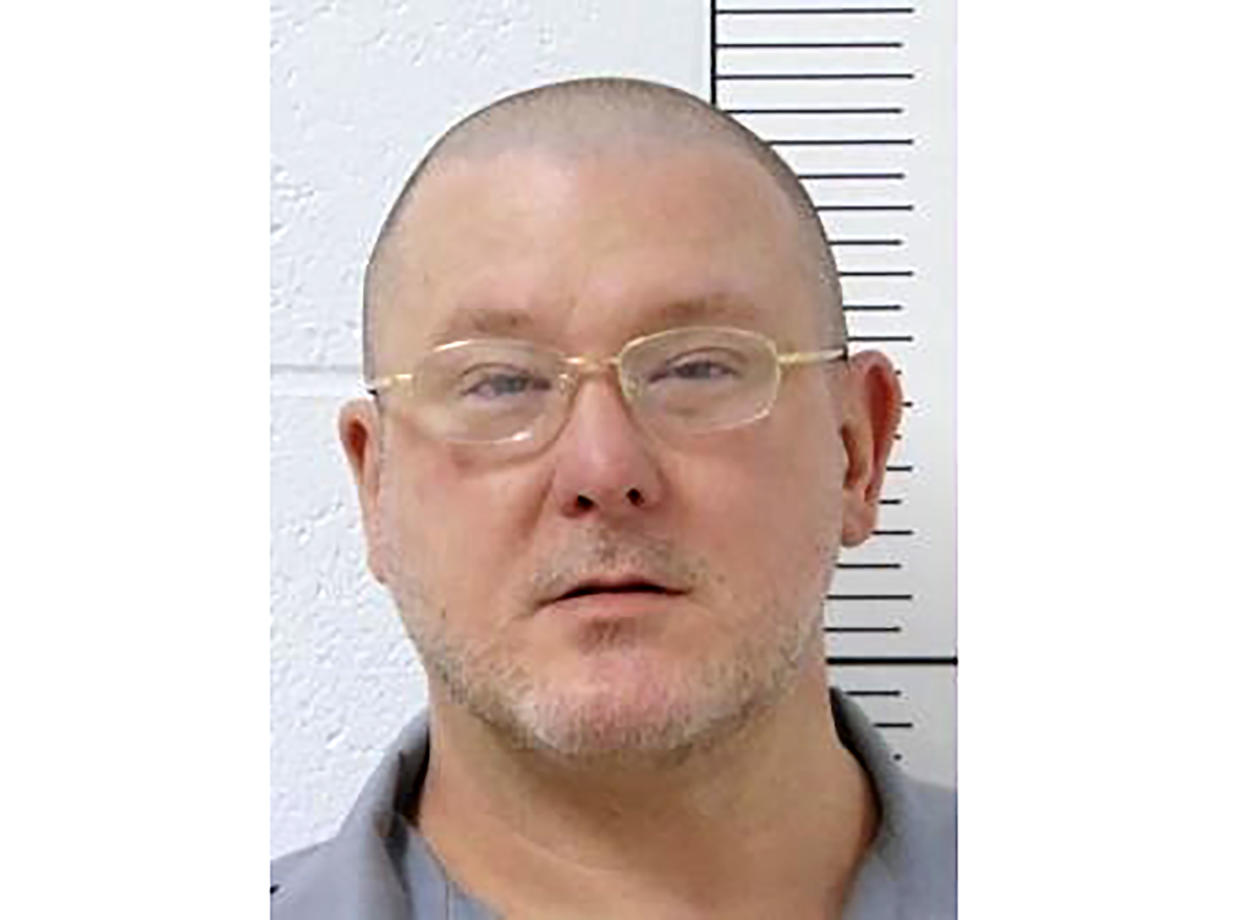Missouri Supreme Court declines to halt execution of a man who killed 2 in 2006

The Missouri Supreme Court on Wednesday declined to halt the execution of Brian Dorsey, who is scheduled to die next month for killing his cousin and her husband 18 years ago.
Judge W. Brent Powell wrote in the unanimous decision that Dorsey "has not demonstrated he is actually innocent" of the killing. Powell also wrote that the state Supreme Court previously turned aside Dorsey's claim that his trial lawyer was ineffective, and he is barred from raising that claim again.
Dorsey's attorney, Megan Crane, said he would appeal to the U.S. Supreme Court.
“The Missouri Supreme Court’s refusal today to even consider the merits of the Brian’s Dorsey’s critical Sixth Amendment constitutional claim — that his lawyers pleaded their client guilty for no benefit, with the death penalty still on the table, without conducting any investigation, as a result of the low flat fee they were paid by the Missouri Public Defender System -- is yet another example of how our legal system has failed him,” Crane said in a statement. “We will appeal to the United States Supreme Court and ask that Governor Parson consider this injustice in our plea for mercy for Brian.”
Dorsey is scheduled to die by injection at 6 p.m. April 9 at the state prison in Bonne Terre. It would be Missouri's first execution in 2024 after four people were put to death last year. Another Missouri inmate, David Hosier, faces execution June 11 for killing a Jefferson City woman in 2009.
Dorsey, who turns 52 on Thursday, was convicted of fatally shooting Sarah and Ben Bonnie on Dec. 23, 2006, at their home near New Bloomfield. Prosecutors said that earlier that day, Dorsey had called Sarah Bonnie seeking to borrow money to pay two drug dealers who were at his apartment.
Sarah Bonnie’s parents found the bodies the next day. The couple’s 4-year-old daughter was unhurt.
In his appeal, Dorsey alleged that he was incapable of premeditation at the time of the killings because of drug-induced psychosis. The appeal said Dorsey had not slept for more than three days, had been drinking and was withdrawing from crack cocaine usage, causing him to experience hallucinations and paranoid delusions.
But Powell wrote that attorneys for the state cited “significant evidence” of premeditation.
Dorsey pleaded guilty in 2008, but he later claimed he should have instead been sentenced to life in prison without parole. The Missouri Supreme Court first upheld the death sentence in 2010 and again in 2014.


